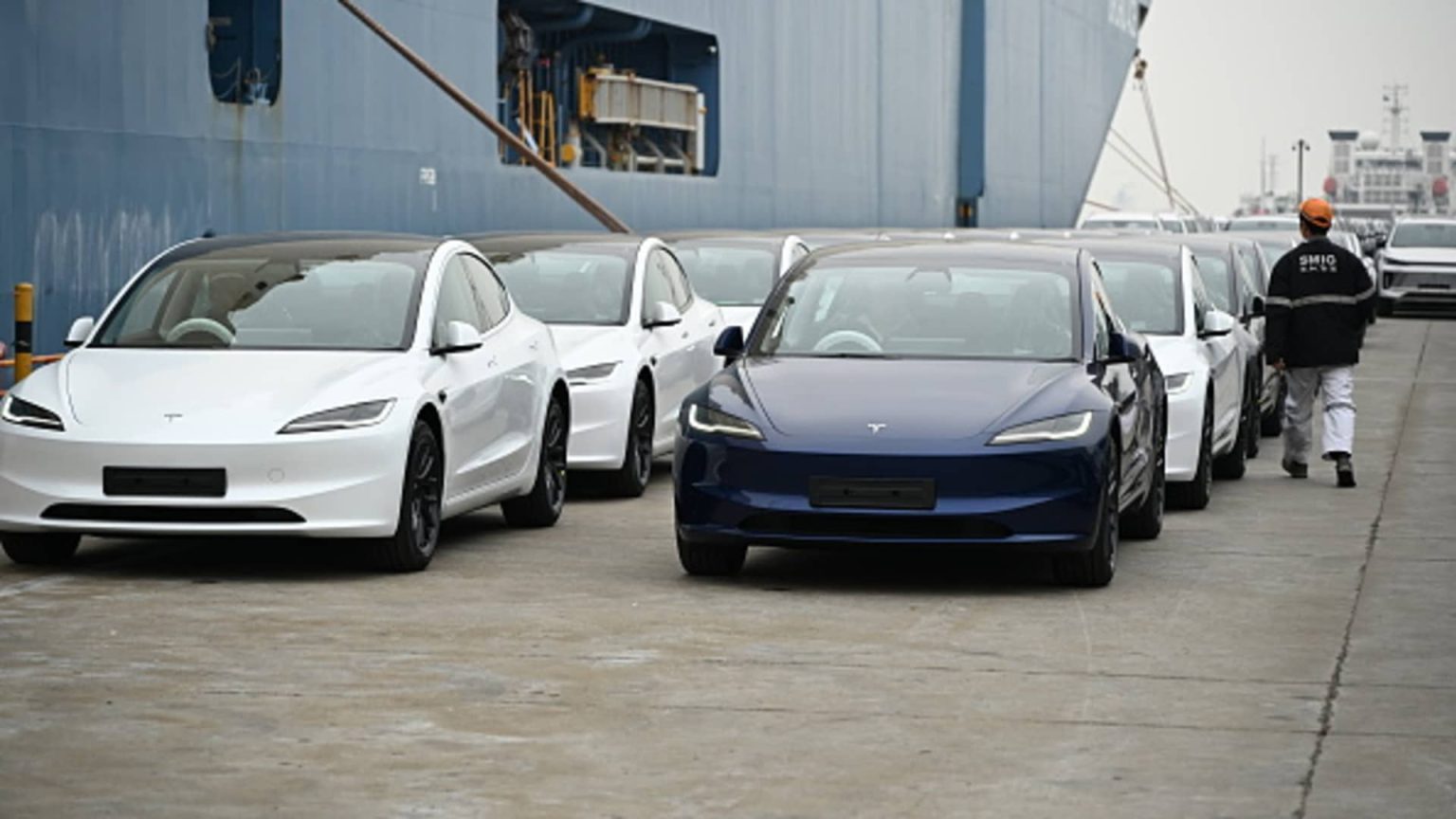In the first quarter of 2024, Tesla reported total deliveries of 386,810 vehicles and total production of 433,371 vehicles. This marked a decrease from the previous year, where the electric automaker reported 422,875 deliveries and production of 440,808 vehicles. The company did not provide a breakdown of sales by model, but reported that it produced 412,376 Model 3/Y cars and delivered 369,783, while producing 20,995 of its other models and delivering 17,027.
Analysts had expected Tesla to deliver around 457,000 vehicles in the first quarter, with estimates ranging from 414,000 to 511,000. Independent researcher Troy Teslike had anticipated deliveries to come in around 409,000. Tesla’s head of investor relations shared a consensus based on estimates from 30 analysts, which projected a mean of 443,027 deliveries and a median of 431,125 for the quarter. Despite falling short of these expectations, Tesla’s shares dropped 7% in premarket trading following the announcement.
Tesla faced several challenges in the first quarter of 2024, including disruptions to its supply chain due to attacks by Houthi militias in the Red Sea and environmental activists setting fire to infrastructure near its German factory. In China, the company faced increased competition from domestic EV makers, leading to reduced production of its Model 3 and Model Y cars at its Shanghai plant. Additionally, the launch of the Cybertruck received mixed reviews, and discounts and incentives were less effective in driving sales volume.
Elon Musk, CEO of Tesla, made changes in the final days of the first quarter, mandating that all sales and service staff install and demo the newest version of the company’s premium driver assistance system for customers in North America. Despite marketing the system as Full Self-Driving, Tesla cars still require human intervention and are not autonomous. The company’s shares experienced a significant decline of 29% in the first quarter of 2024, the largest drop since the end of 2022 and the third-steepest quarterly decline since its IPO in 2010.
Overall, Tesla’s first-quarter performance in 2024 fell short of analyst expectations, with lower-than-anticipated deliveries and production numbers. The company faced challenges including supply chain disruptions, increased competition in key markets like China, and a less effective sales strategy. Despite these obstacles, Tesla’s CEO implemented changes to drive sales and customer engagement, but the company’s stock price experienced a significant decline during the quarter.


